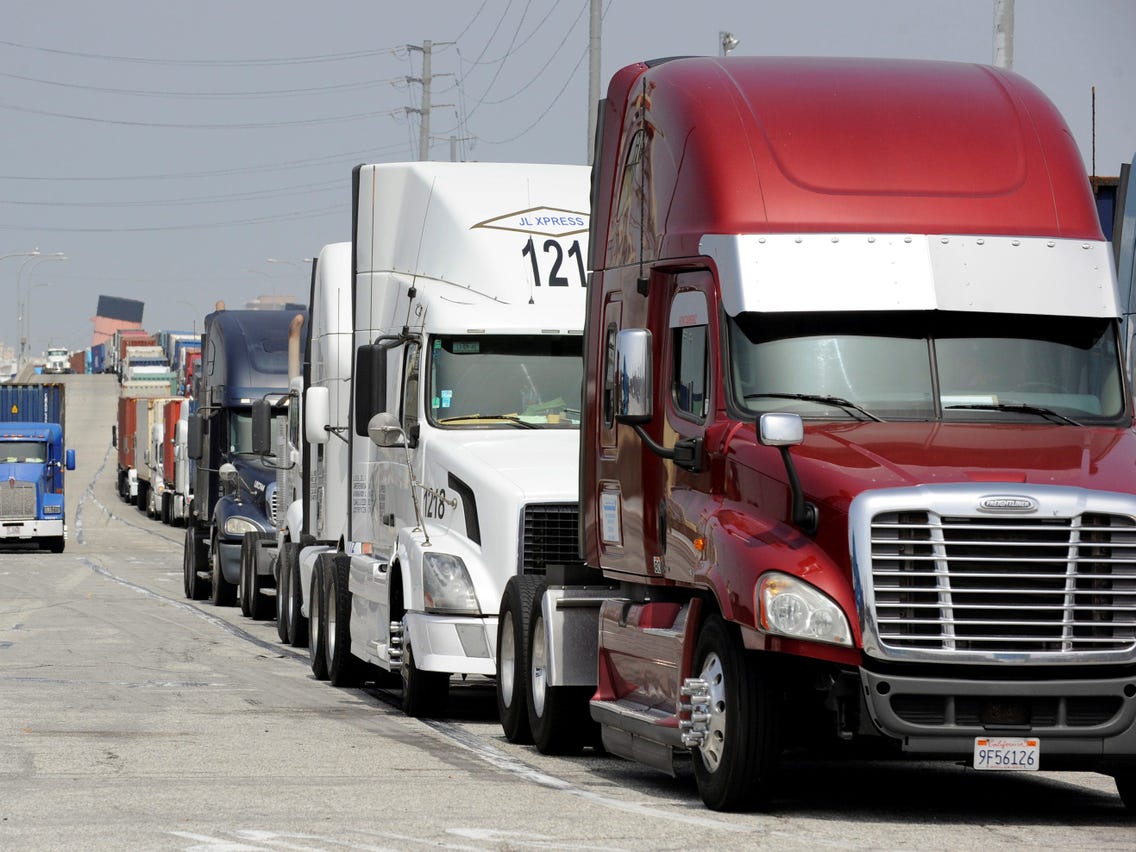Will Shipping Costs Ever Come Back Down To Earth?

The high price of shipping goods across the globe may hit your pocketbook sooner than you think — from that cup of coffee you get each morning to the gifts you were thinking of buying your friends. Closeouts and overstock deals make great holiday gifts, but they will be more costly this year. Many companies are shutting down their business due to difficult times, while others are being forced to liquidate overstock and liquidate excess stock to generate cash. Covid 19 is still the scapegoat for all these problems, and rising shipping costs just may be here to stay. Companies that liquidate overstock often resell their goods around the world, and the huge increase in shipping prices is taking it’s toll on businesses that sell closeouts and liquidate excess stock. Companies around the globe have been forced to shut down businesses and close 3PL warehouses in an effort to stop the bleeding.
The price for a container of closeout goods from China to the U.S has hovered near record highs for several months, and conditions are ripe for more increases. This is bad news for closeout liquidators and closeout wholesalers that relay on small margins and low prices to drive business. The need to liquidate excess stock is still there, but with container cost so high it makes companies think twice before they liquidate overstock and sell closeouts below cost. What’s more, new contracts being signed by some of the biggest U.S. importers indicate the spike won’t be a short-term blip. Cost increases of this magnitude affect all companies from toy businesses to overstock liquidators and wholesale closeout buyers.
The nation’s supply channels are in such distress that they’ve caught the attention of Federal Reserve officials who are trying to set monetary policy based on the speed of the U.S. recovery and the outlook for inflation. There is no way businesses can continue to operate profitably under these conditions, and they will shut down 3PL warehouses and liquidate excess stock under the pressure to generate cash flow. No business owner ever thinks about shutting down their business, but with high shipping costs, low labor markets, and huge consumer demand, there may be no choice.
Wholesale liquidators buy excess inventory and slow moving goods from importers, and resell them to consumers at a discount. Liquidating merchandise is a normal function of any wholesale business because it keeps their warehouse clean and helps make room for new inventory. But during these times when cargo is so backed up, closeout brokers and surplus buyers are finding the liquidation process is under fire.
With high demand from consumers, importers are rushing to replenish inventory, causing capacity in trucking to tighten and driving rates up. With inventory tighter than normal, closeout liquidators are having to work harder to identify legitimate business liquidations. These are often found in companies moving or closing 3PL warehouses, bankruptcies and canceled shipments. Business that buy liquidation stock will likely be affected by supply chain problems for the next 12-18 months. Once that time period passes there will likely be more companies that need to sell liquidation goods. Now many observers warn that quarantine rules for returning truckers could cause significant delays even if goods manufactured over the holiday are ready to ship.
Overwhelmed trucking, warehouse and rail logistics are also contributing to the port delays, and to the overall slog in end to end logistics. So far in 2021, shipments took an average of 73 days to arrive at their final destination, 83% longer than in September 2019.
Merchandise USA is a closeout liquidator distributing goods to closeout websites, and buyers for surplus inventory. They specialize in buying unwanted inventory from 3PL warehouses, Amazon FBA closeout sellers and companies in liquidation, as well as operating a wholesale surplus warehouse.



